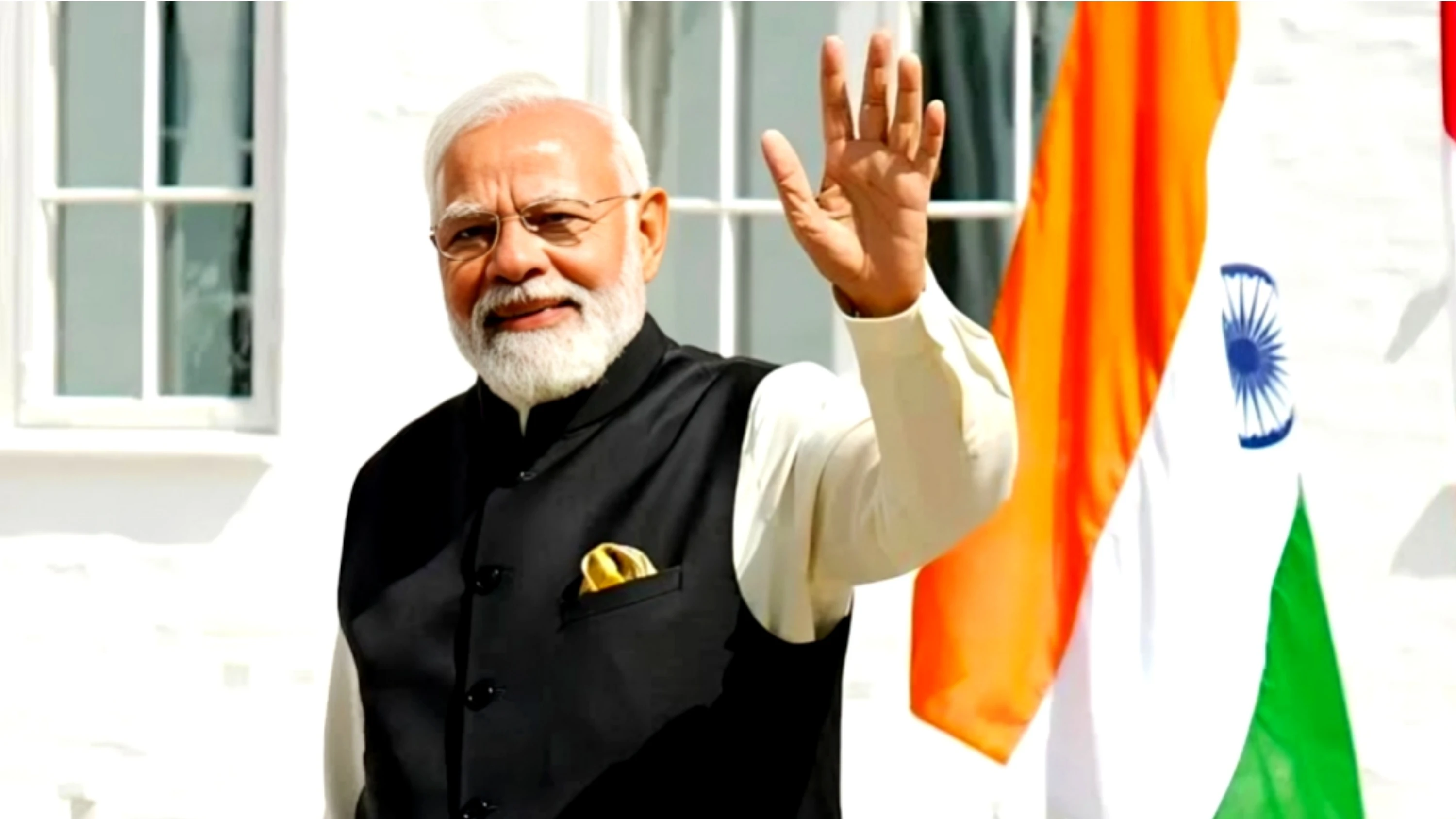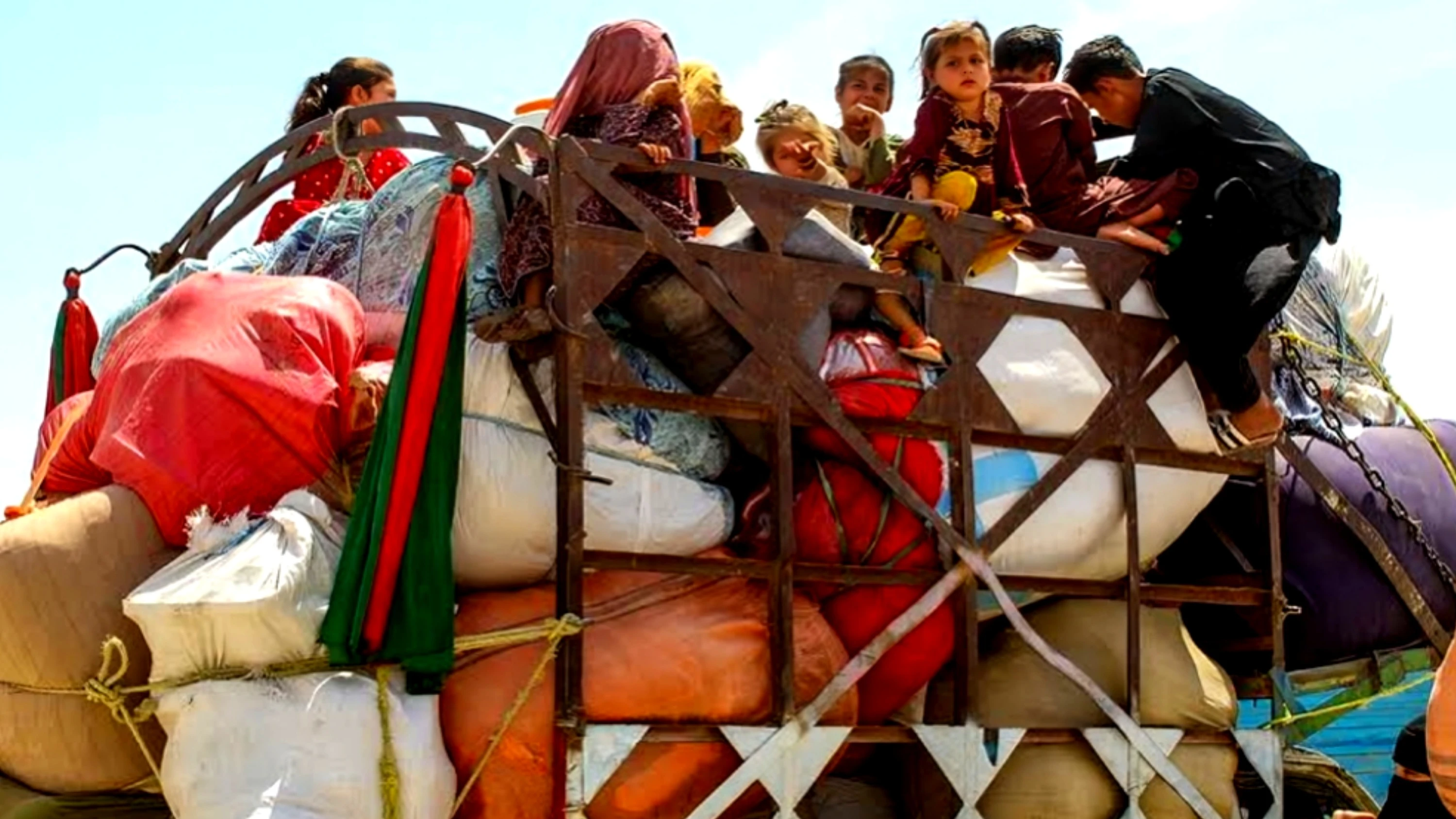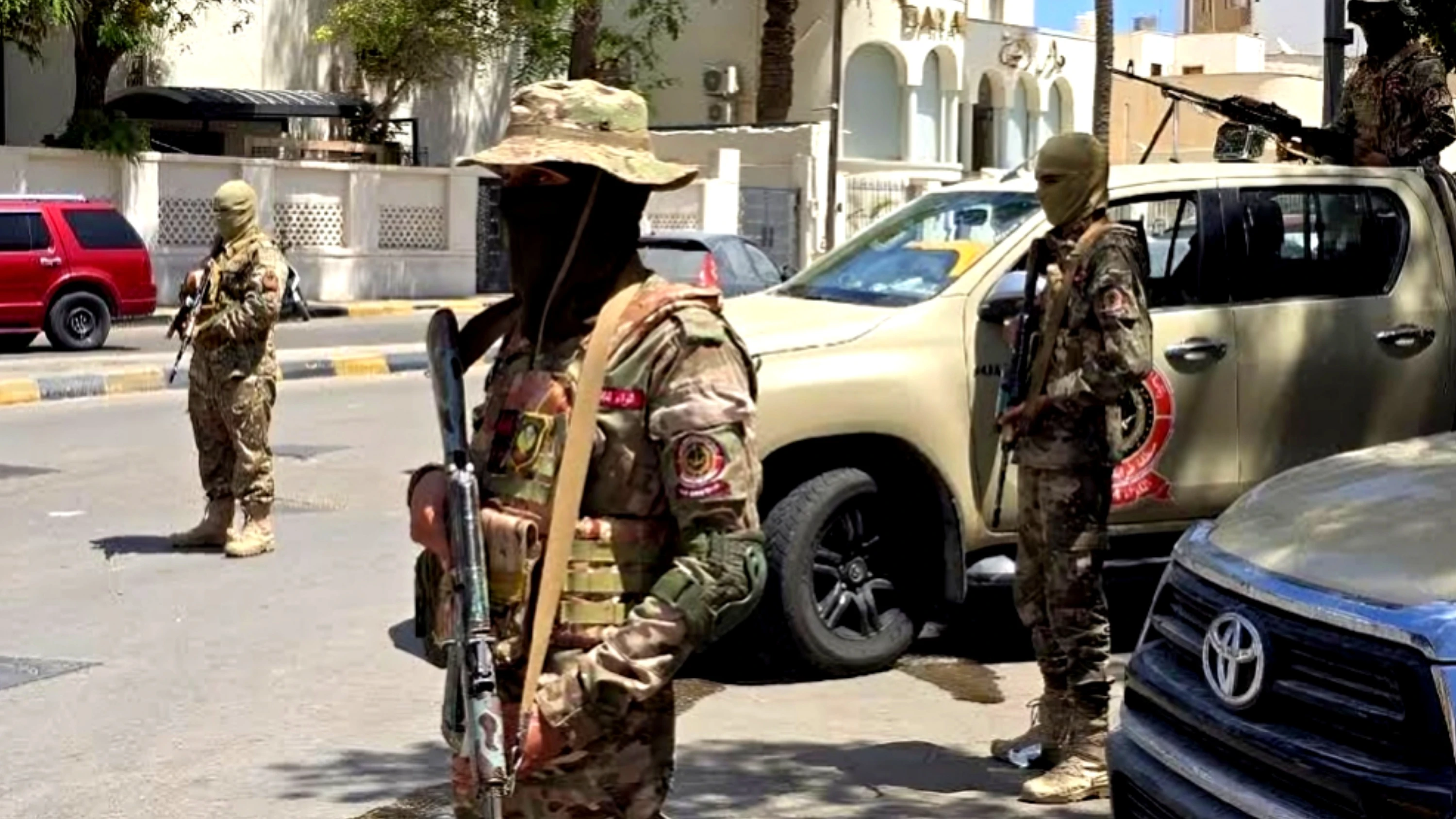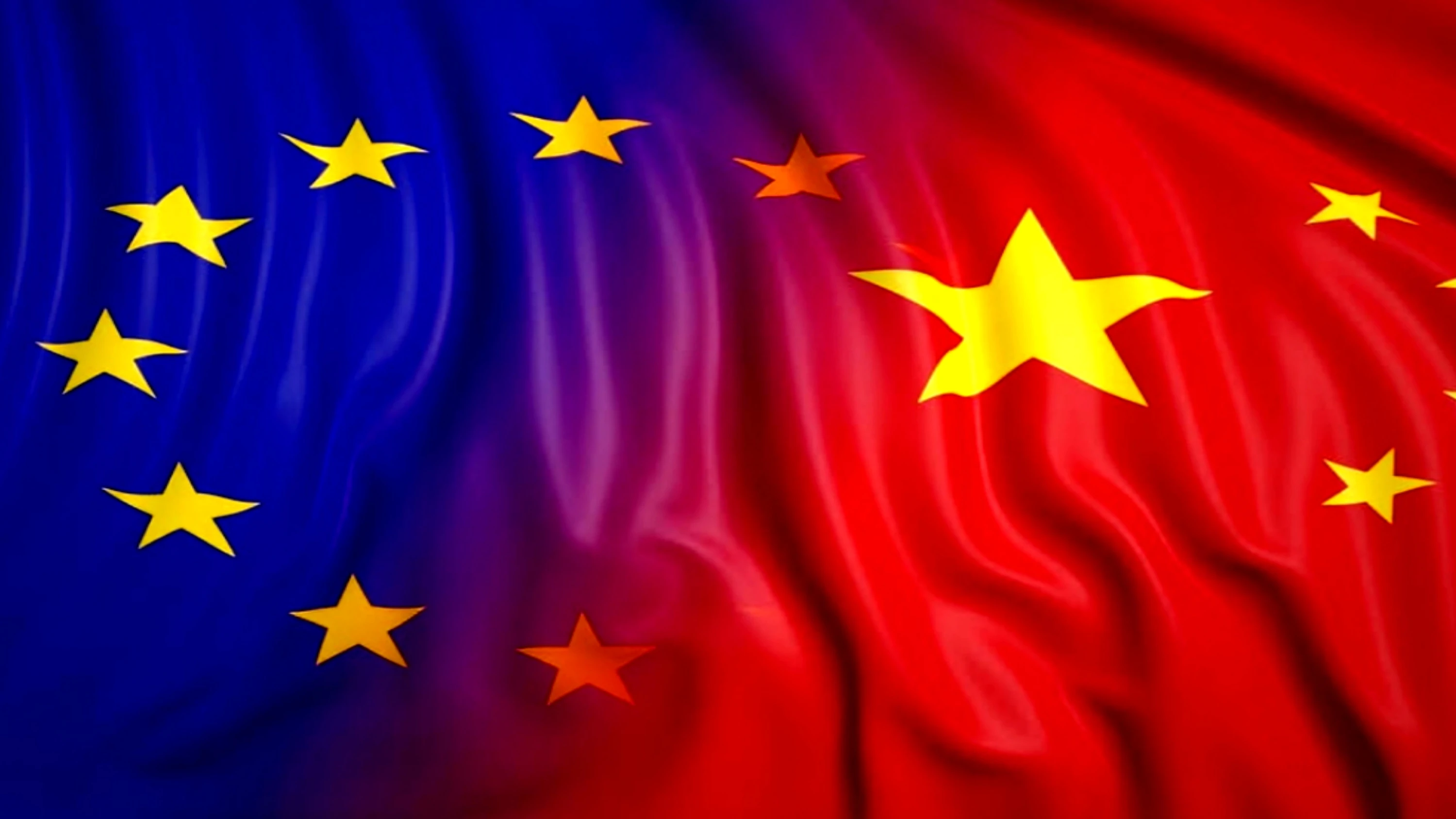New Delhi: With less than two weeks remaining until the G7 Summit begins in Kananaskis, Alberta, India is still awaiting an invitation from host country Canada. The summit, scheduled for June 15–17, could mark the first time since 2019 that India will not be represented — barring 2020, when the meeting was cancelled due to the pandemic.
India’s absence would be notable, especially since Prime Minister Narendra Modi has participated in every G7 summit since 2019, including virtually in 2021. Modi’s consistent presence at the forum in recent years had underlined India’s growing global outreach and its importance to G7 partners.
The delay in extending an invitation is being viewed against the backdrop of a diplomatic freeze between India and Canada. Relations between the two countries took a hit in 2023 after then Prime Minister Justin Trudeau accused Indian government agents of being involved in the killing of Canadian citizen and Khalistani separatist Hardeep Singh Nijjar. India dismissed the allegation as baseless and politically motivated. In the fallout, diplomatic ties were downgraded.
Traditionally, the G7 host country invites a select group of non-member nations as guest participants or outreach partners. So far, Canada has invited Ukraine and Australia but has not publicly disclosed any additional guest country list — leaving India's participation uncertain.
India’s first invitation to a G7 summit after Modi came to power was in 2019, when France hosted the Biarritz summit. Prior to that, former Prime Minister Manmohan Singh had represented India at several G8 summits — a grouping that included Russia until its suspension in 2014 following the annexation of Crimea.
The question of expanding the G7 has lingered over the years. In 2020, US President Donald Trump proposed including countries like India, Australia, South Korea, and even Russia, referring to the bloc as outdated. However, the pandemic and US elections stalled any progress on the idea.
Modi attended subsequent summits in Germany (2022), Japan (2023), and Italy (2024), reinforcing India’s role as a key partner for the G7.
Amid the current uncertainty, there was a potential thaw in bilateral ties on May 25, when Canadian Foreign Minister Anita Anand spoke with Indian External Affairs Minister S. Jaishankar — the first political-level contact since Mark Carney took over as Canadian Prime Minister. Anand expressed interest in reviving ties and emphasized the importance of diversifying trade away from dependence on the United States.
Regarding the Nijjar case, Anand maintained that the investigation was ongoing and underscored Canada’s commitment to the rule of law. Nonetheless, she stressed the Canadian government's intent to strengthen relations with India as part of its broader foreign policy agenda.
Given the tight timelines and the logistics involved in preparing for such high-level attendance, there remains only a narrow window for India to join the summit. Even if an invitation is issued in the coming days, it is increasingly unlikely that Prime Minister Modi would attend in person. A ministerial-level representation may be considered, but that decision would hinge on whether an invitation is extended at all.








